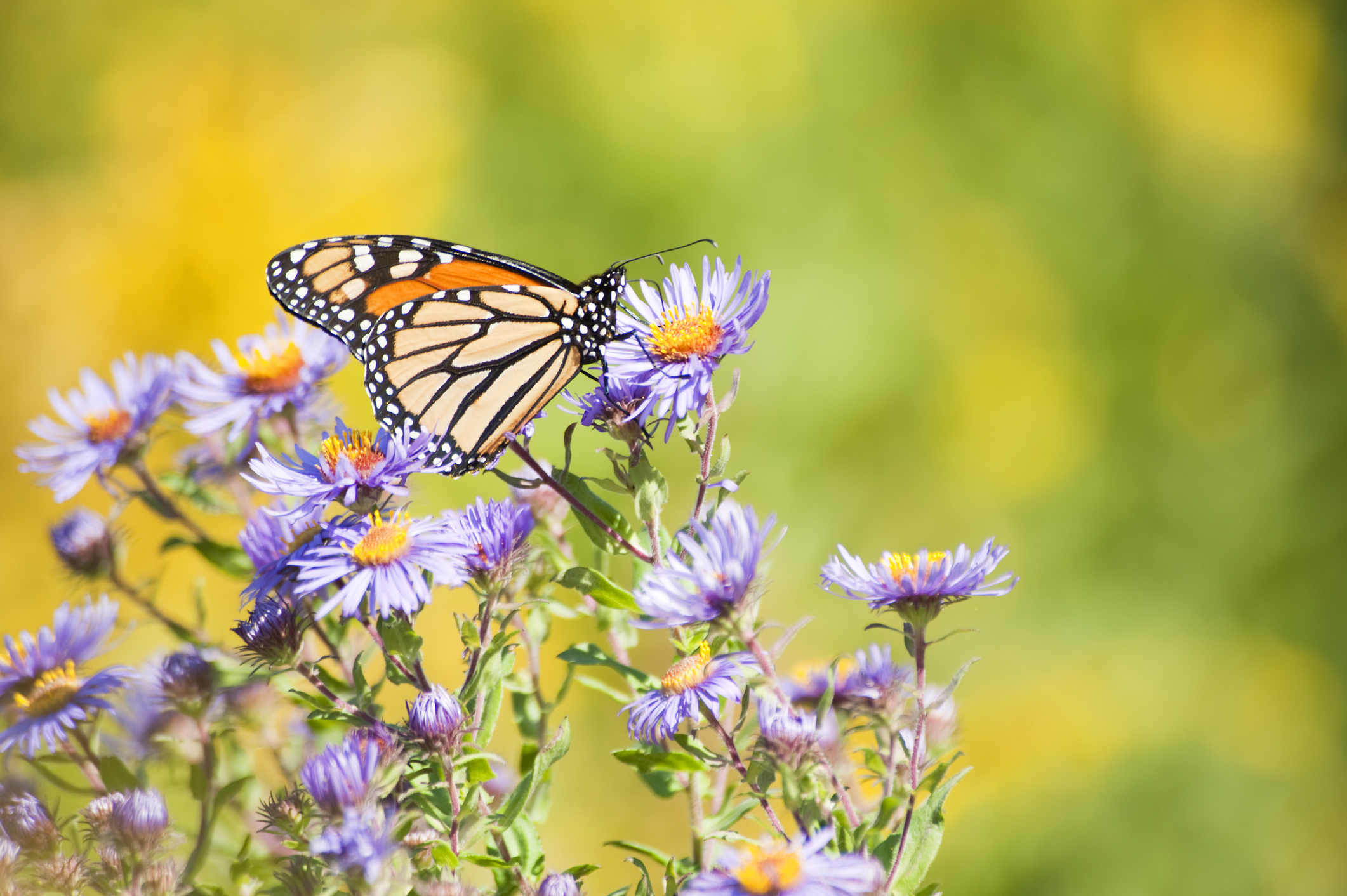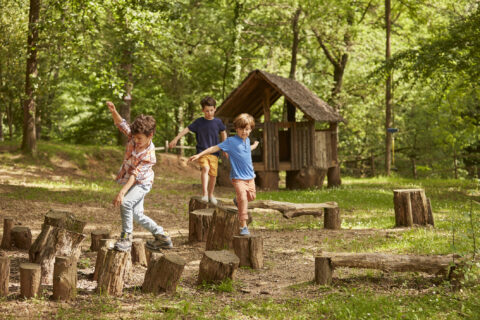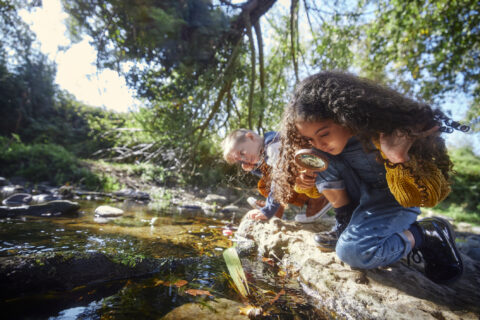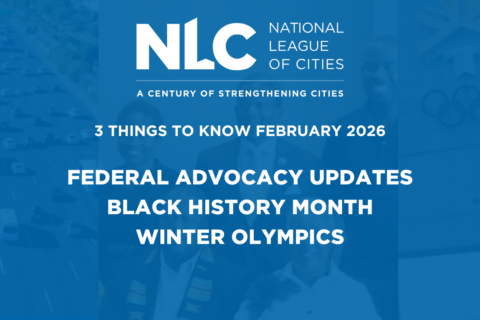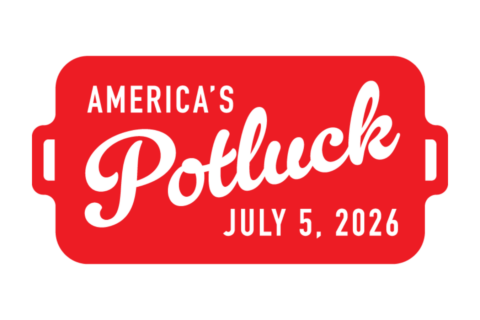As cities work to build stronger connections between children and nature, one powerful and often underutilized ally stands ready: your local library.
Libraries feature more than shelves of books; they serve as trusted community hubs in the heart of nearly every neighborhood. Most residents live within a two-mile radius of a library. These institutions have deep roots in their communities and are committed to values aligning with city leaders: lifelong learning, health, equity and engagement. They are ideal partners in helping cities achieve bold goals, especially when giving children more access to nature.
Imagine transforming the green space around your local library into a pollinator garden, an outdoor story time area or a mini nature trail. Picture families gathering for programs that blend early literacy with hands-on outdoor learning. These kinds of Nature-Smart Libraries are already taking shape across the country — and they’re thriving because of innovative, cross-departmental collaboration.
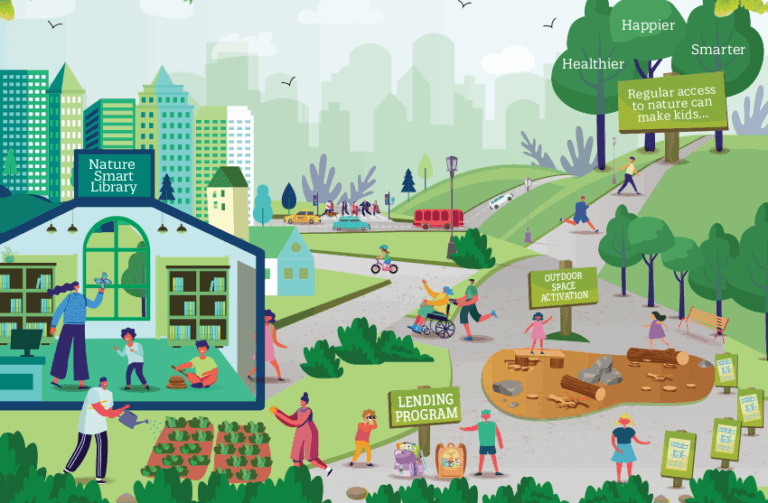
Nature-Smart Libraries constitute a great tool for municipal leaders as they can intentionally integrate nature into their services, programs and physical environments to promote equitable access to the outdoors. Libraries can be strong partners for city leaders in expanding nature access as they provide means to:
- Accomplish local goals — such as early childhood literacy, climate resiliency and public health — by creating high-impact, place-based solutions.
- Involve children and caregivers who may lack access to safe, quality nature experiences, particularly in urban and underserved communities.
- Create and sustain nature connections through hands-on programs, outdoor play and learning spaces, nature-based collections and staff training that ensures nature’s benefits reach every library patron.
- Foster partnerships with city departments and local organizations to ensure these opportunities are accessible and culturally relevant to the entire community.
But this isn’t only the work of libraries. The local leadership is integral to partnering with libraries to co-create a shared vision for bringing nature into children’s daily lives. Libraries bring a wealth of strengths, including being skilled in community engagement, creative problem-solving and rapid iteration. Library professionals act as trusted guides who know how to meet people where they are, and they often work in places with land waiting to be activated for the public good. This is where city leadership comes in.
When departments such as Parks & Recreation, Public Health, Stormwater Management, Development Services, Urban Forestry and Transportation collaborate with Public Libraries, the potential for creating a lasting impact multiplies. Add in the energy of school districts and support from Mayor’s and Council Offices, and you’ve got a full-scale citywide strategy that makes nature more accessible, equitable and integral to everyday life.
City leaders can use their convening power, alongside library leaders, to bring multiple departments together to explore Nature-Smart Libraries. By doing so, leaders support childhood well-being and elevate local public resources, including libraries, as powerful drivers of community vitality.
To support cities in this effort, see the new Nature-Smart Libraries Toolkit published by Nature Everywhere Communities, a joint partnership of National League of Cities, Children & Nature Network and KABOOM! focused on equitable access to nature everywhere children live, learn and play. The toolkit helps partners understand how libraries can serve as nature connectors and the steps partners can take to achieve Nature-Smart Libraries across the city. The path to a more nature-connected, community-focused city might just begin at your neighborhood library.
Explore the Toolkit
Utilize the new Nature-Smart Libraries Toolkit to connect your residents to nature. This toolkit highlights innovative, Nature-Smart Library initiatives nationwide, showcasing how libraries can collaborate with cities, parks and community partners to expand nature access. While many libraries lead individual efforts, this toolkit emphasizes system-wide strategies to ensure nature is accessible across entire communities.
